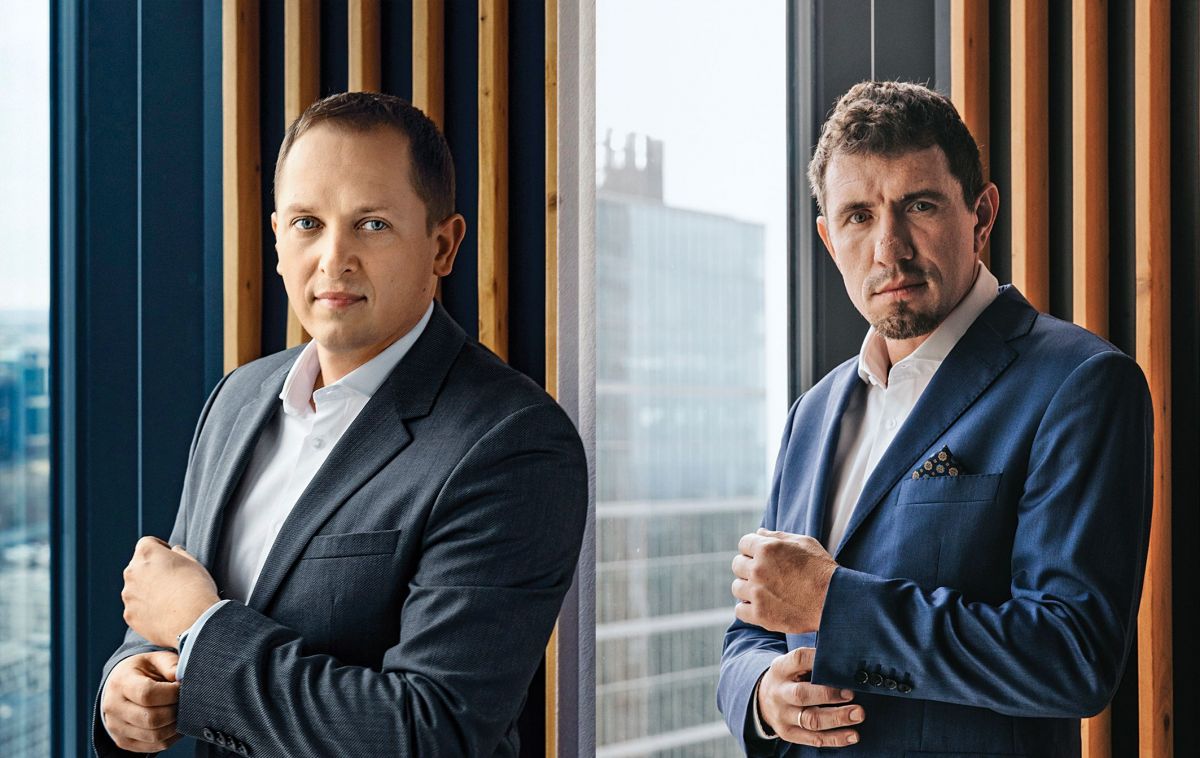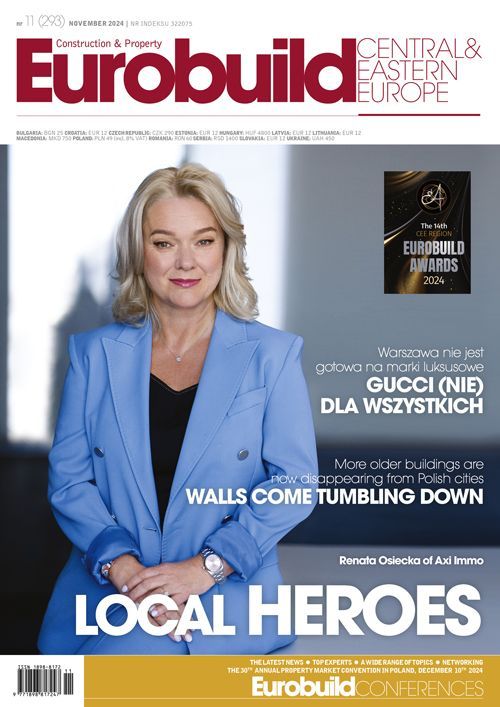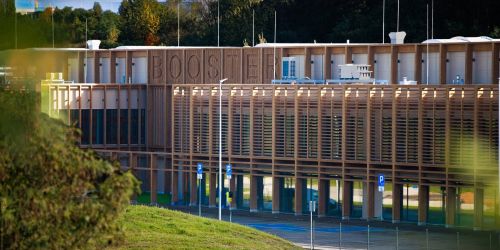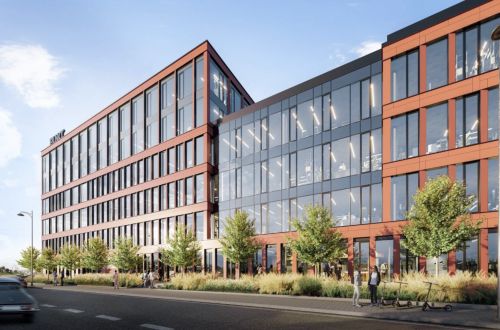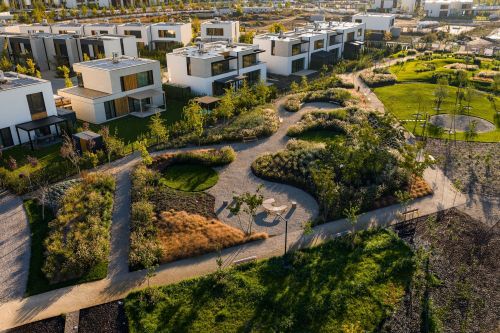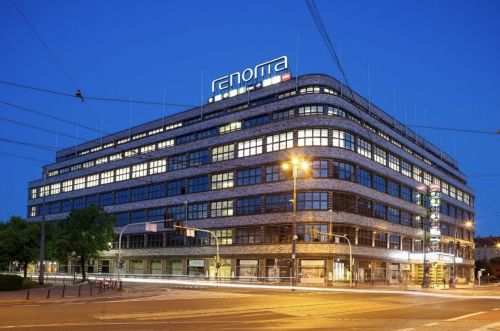Could you tell me something about the origin and evolution of Harden?
Paweł Fiuczek, managing director, Harden: Harden Construction was founded in 2020. At the end of September and early October of that year, we were barely twelve people in a co-working office. That’s when we began our first project in Konotopa near Warsaw. Four years have passed since then. Today we employ almost 100 people across ten teams throughout Poland and have over 20 completed projects under our belts with 900,000 sqm handed over for use – and we’re slowly closing in on 1 mln sqm. Since the very beginning, we have had ambitious goals. We planned for rapid growth but the reality exceeded even our most optimistic expectations and plans. The seven-year goals we set were achieved in three. For example, 2023 was undoubtedly a record year in terms of revenues and projects. We completed our first building with a BREEAM rating of ‘Outstanding’ as well as a factory for a household applia
